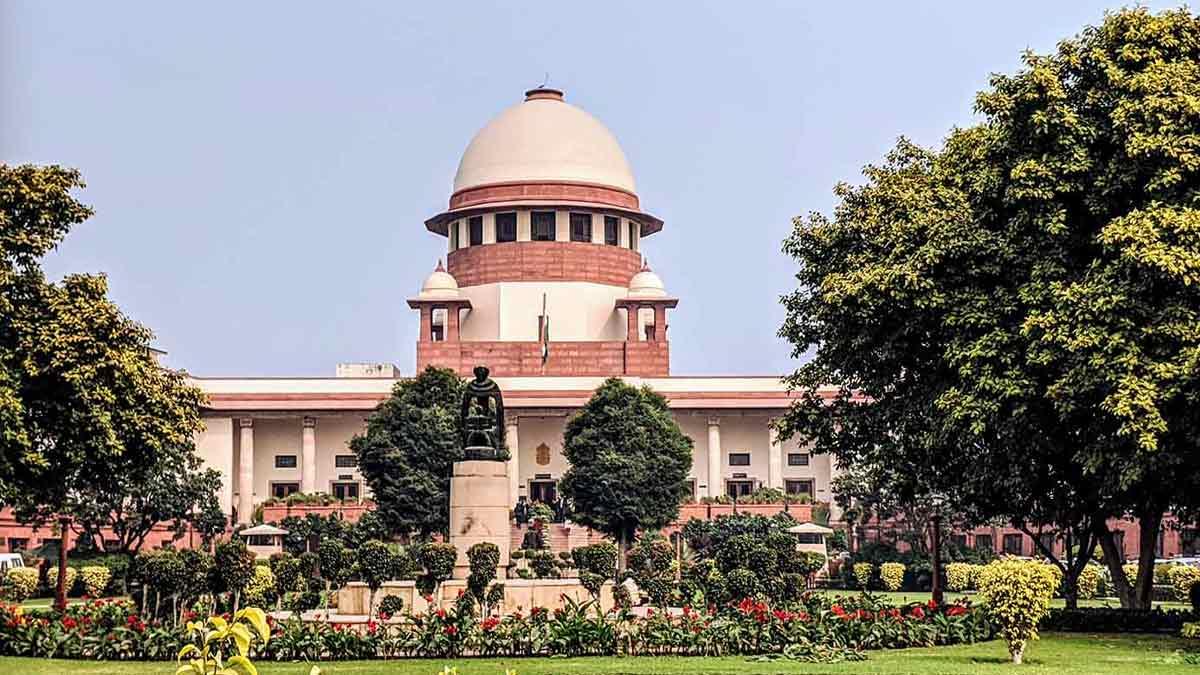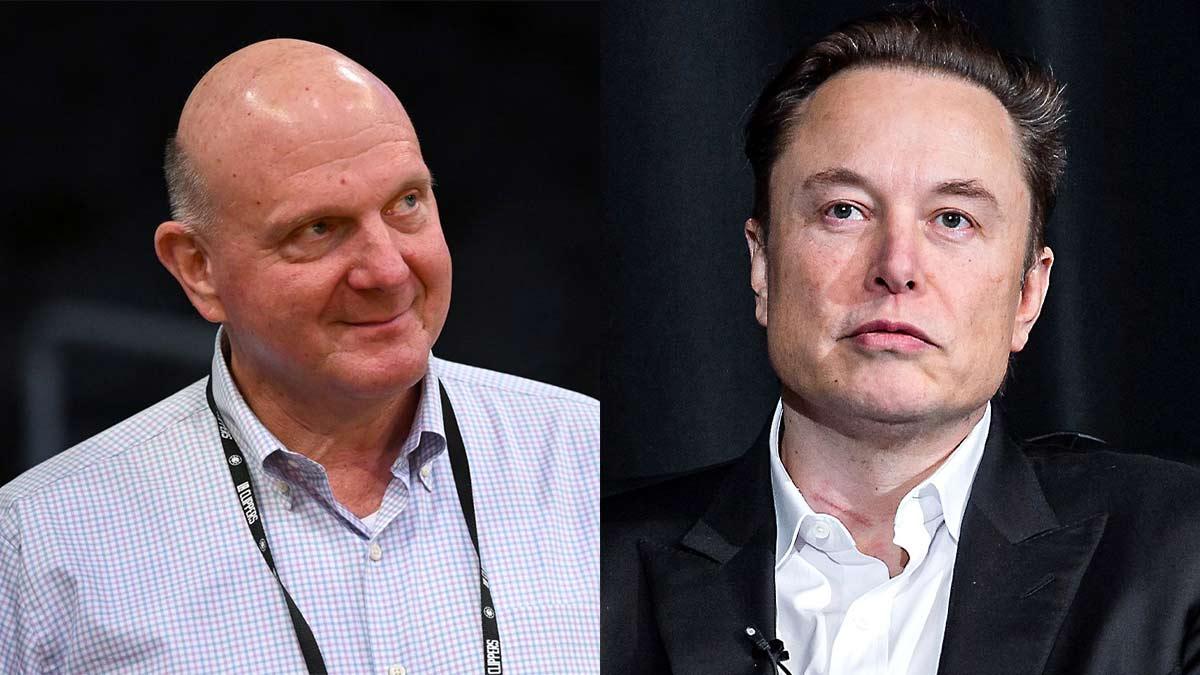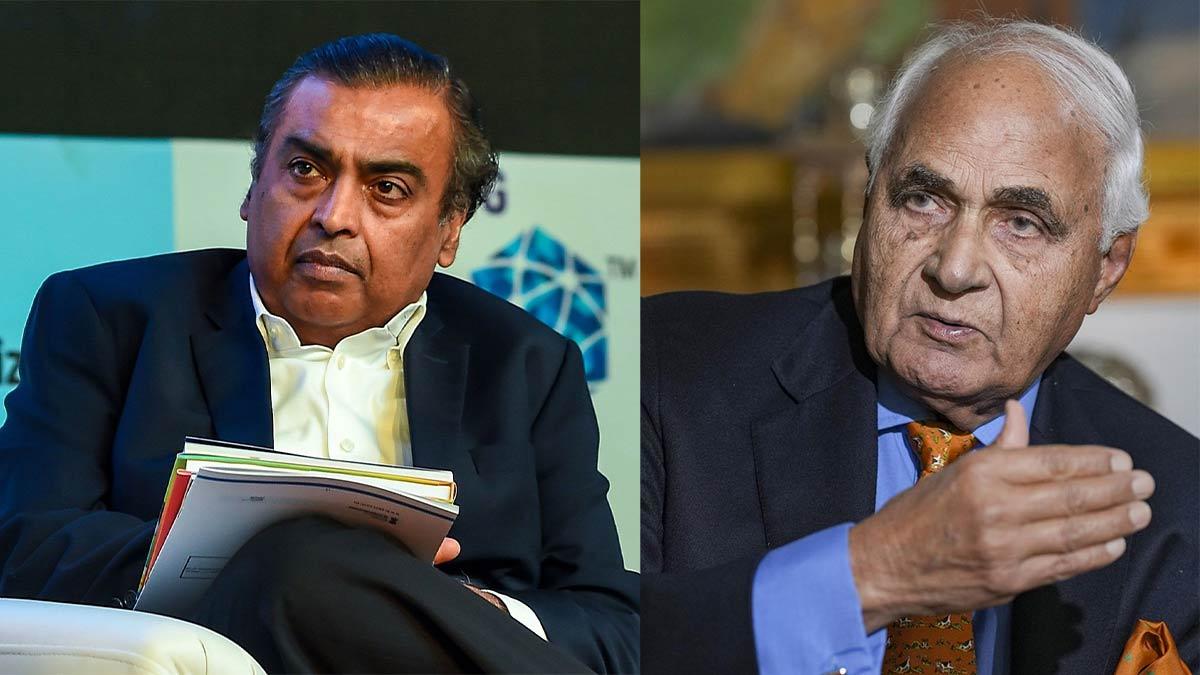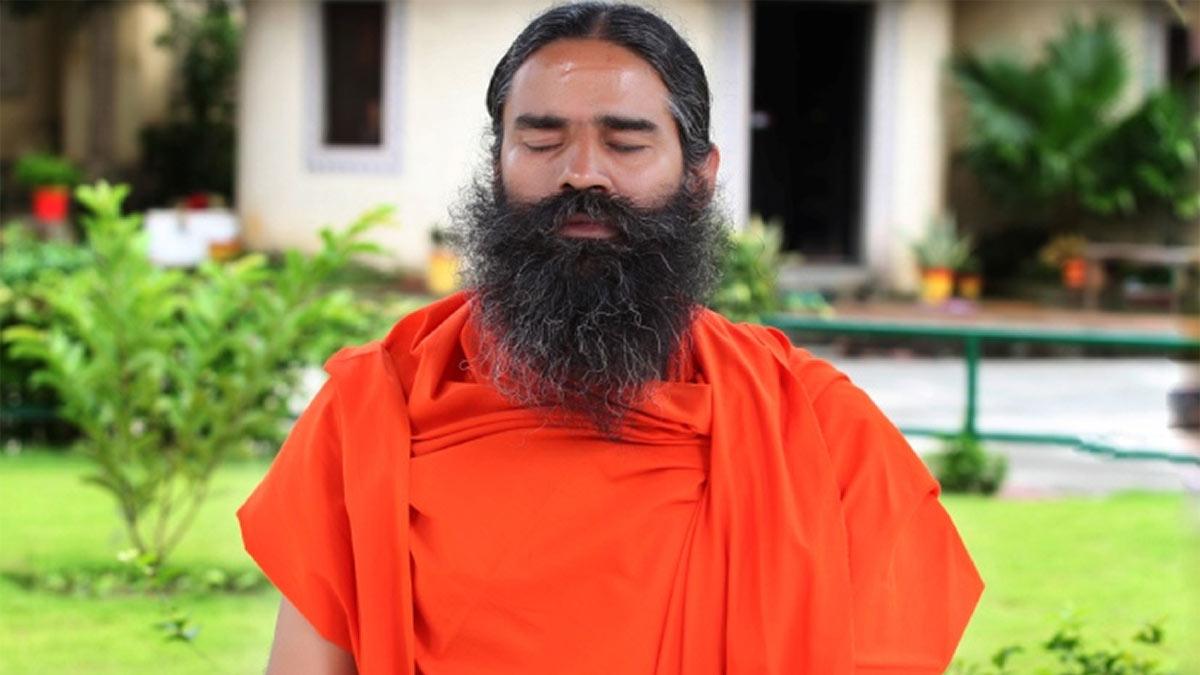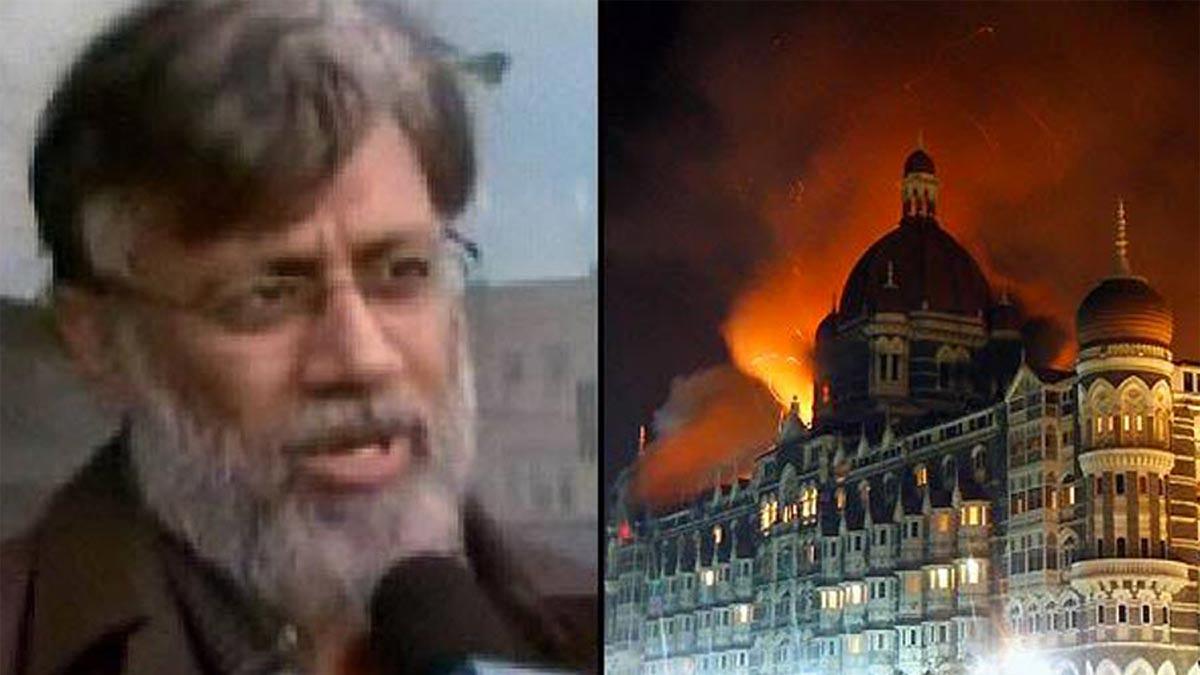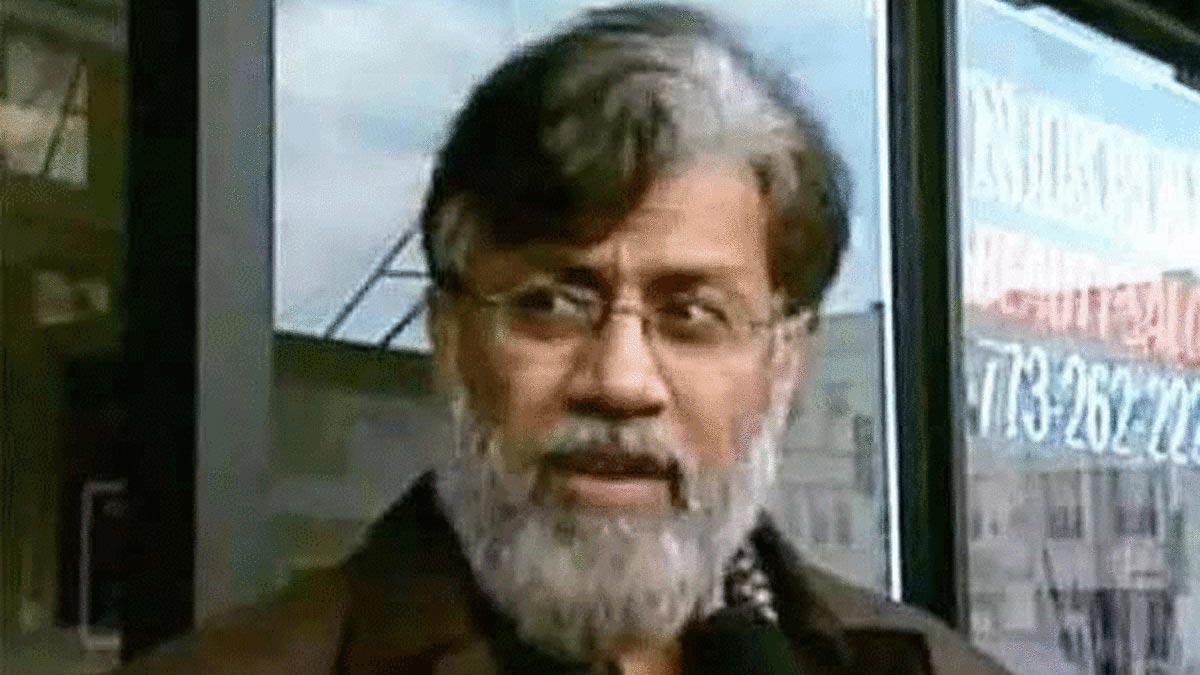In a historic step towards judicial transparency, all 30 serving judges of the Supreme Court have decided to disclose their personal assets publicly on the official website of the court.
The decision was made unanimously at a full court meeting on April 1 and will also be applicable to all future appointments to the bench.
This is a significant deviation from earlier trends, when judges were merely obligated to disclose their assets to the Chief Justice of India (CJI) without any requirement of public disclosure.
While the official resolution has yet to be posted, the development indicates a significant institutional drift toward openness within the judicial system.
The order is in the wake of mounting public pressure for accountability, following a recent scandal involving Delhi High Court judge Yashwant Varma. A controversy erupted following the finding of charred bundles of money at his home after a fire. He was then transferred to Allahabad High Court. The Supreme Court later clarified, however, that the transfer had nothing to do with the incident.
Traditionally, under a 1997 resolution, Supreme Court judges had to make their asset declarations to the CJI. In 2009, an additional step was taken to allow voluntary online publishing of these disclosures, although few judges made use of it.
Now, with this latest collective choice, the court is ready to make asset disclosure completely open to the public—something that assures its commitment towards institutional accountability and transparency.
Among the judges who have already submitted their declarations are Chief Justice Sanjiv Khanna, Justice Bhushan Ramkrishna Gavai, Justice BV Nagarathna, Justice Vikram Nath, and Justice JK Maheshwari. The entire list of declarations will be put up on the Supreme Court website after the logistics and publication format are decided.
Read also| Jayshankar counters Bangladesh's Yunus, says India has longest coastline in Bay Of Bengal

